Home>Articles>8 Tips For Buying Patio Furniture That Suits Your Outdoor Space


Articles
8 Tips For Buying Patio Furniture That Suits Your Outdoor Space
Modified: August 27, 2024
Looking to buy patio furniture for your outdoor space? Check out these 8 tips and find articles that will guide you in finding the perfect furniture that suits your needs and style.
(Many of the links in this article redirect to a specific reviewed product. Your purchase of these products through affiliate links helps to generate commission for Storables.com, at no extra cost. Learn more)
Introduction
Choosing the right patio furniture is essential for creating a comfortable and inviting outdoor space. Whether you have a spacious backyard or a cozy balcony, the right furniture can transform it into a relaxing oasis where you can unwind, entertain friends and family, or simply enjoy a morning cup of coffee.
However, with so many options available, it can be overwhelming to navigate through the choices and make the best decision for your outdoor space. That’s why we’ve put together these 8 tips to help you buy patio furniture that suits your needs and enhances the beauty of your outdoor area.
From assessing your outdoor space and considering the climate to choosing durable materials and setting a budget, these tips will guide you in making the right choices. So, let’s dive in and discover how to select the perfect patio furniture for your outdoor haven.
Key Takeaways:
- Assess your outdoor space, consider the climate, and prioritize comfort when buying patio furniture. Choose durable materials, the right size and shape, and plan for storage and maintenance to create a perfect outdoor retreat.
- Set a budget and make informed purchasing decisions while prioritizing quality and durability. By following these tips, you can confidently select patio furniture that suits your outdoor space, personal style, and budget.
Read more: Where To Buy Outdoor Furniture
Tip 1: Assess Your Outdoor Space
Before you start shopping for patio furniture, it’s crucial to assess your outdoor space and understand its dimensions, layout, and design. This step will help you determine how much space you have to work with and what type of furniture will fit perfectly into your area.
Begin by measuring your patio, deck, or balcony to determine the available space for your furniture. Take note of any architectural features, such as pillars, columns, or stairs, that may affect the placement and arrangement of your furniture. Also, consider the orientation of your outdoor space, as this will impact factors such as sunlight exposure and wind patterns.
Next, think about the purpose of your outdoor area. Do you plan on using it for dining, lounging, or both? This will help you determine the types of furniture you need and how many pieces you can accommodate.
Consider the flow of traffic and how people will move around the space. Leave enough room for people to walk comfortably and ensure that your furniture arrangement doesn’t obstruct any pathways or entrances.
Additionally, consider the shape of your outdoor space. Is it rectangular, square, or irregular? This will influence the shape and configuration of the furniture you choose. Rectangular spaces may benefit from long dining tables or modular seating arrangements, while round or square spaces can be enhanced with circular or square furniture pieces.
By assessing your outdoor space thoroughly, you can make informed decisions about the size, shape, and configuration of the patio furniture that will best suit your needs and maximize the potential of your outdoor area.
Tip 2: Consider the Climate
When buying patio furniture, it’s essential to consider the climate in which you live. Different climates present various challenges and requirements for outdoor furniture, so understanding your local weather conditions will help you choose materials that can withstand the elements.
If you live in a region with hot summers and high humidity, opt for furniture made from materials that can resist fading and moisture damage. Synthetic materials like resin wicker, aluminum, and powder-coated steel are excellent choices for hot and humid climates as they are durable and resistant to rust and corrosion.
On the other hand, if you live in an area prone to strong winds or heavy rainfalls, choose furniture that is sturdy and can withstand harsh weather conditions. Look for heavy-duty materials like wrought iron or teak, which are known for their durability and stability.
In colder climates, where snow and freezing temperatures are common, consider furniture that is resistant to extreme cold and moisture damage. Teak and cedar are popular choices for these environments, as they have natural oils that make them resistant to rot and decay.
Regardless of your climate, it’s a good idea to invest in furniture that is easy to clean and maintain. Look for materials that are water-resistant or have removable and washable cushions.
Lastly, if your outdoor space is exposed to direct sunlight for long periods, you may want to consider furniture with UV protection. This will help prevent fading and ensure that your furniture retains its original color and appearance.
By considering your climate and choosing furniture that can withstand the weather conditions, you can ensure that your patio furniture remains in great condition for years to come.
Tip 3: Determine Your Comfort Level
When purchasing patio furniture, it’s essential to consider your comfort level and how you plan to use your outdoor space. After all, your patio should be a place where you can relax, unwind, and enjoy the outdoors comfortably.
Start by thinking about the seating options that will suit your needs. If you prefer a more relaxed and casual atmosphere, consider deep-seating sofas and armchairs with plush cushions. These provide a cozy spot for lounging and are perfect for enjoying a good book or taking a nap.
For outdoor dining, choose comfortable dining chairs with appropriate seat cushions. Opt for materials like sling fabric or cushioned seats for added comfort during long meals or gatherings with friends and family.
Consider adjustable features for added comfort. Look for patio furniture with reclining or adjustable backrests, as well as options with built-in footrests or ottomans. These features allow you to customize your seating position and enhance your overall comfort.
In addition to seating, don’t forget to think about accessories that can enhance your comfort level. If you live in a sunny area, investing in a patio umbrella or shade sail can provide much-needed shade and help you stay cool during hot summer days.
Lastly, consider adding cushions, throw pillows, and outdoor rugs to create a cozy and inviting atmosphere. These accessories not only add comfort but also allow you to incorporate your personal style and add pops of color to your outdoor space.
By determining your comfort level and choosing furniture and accessories that prioritize your relaxation and enjoyment, you can create an outdoor oasis that truly reflects your personal style and provides a comfortable retreat.
Tip 4: Choose Durable Materials
When it comes to buying patio furniture, durability is a key factor to consider. Outdoor furniture is exposed to various elements, including sun, rain, wind, and temperature fluctuations, so selecting materials that can withstand these conditions is crucial.
One of the most popular and durable materials for outdoor furniture is teak. Teak is naturally resistant to decay, rot, and insects, making it an excellent choice for outdoor use. It ages beautifully, developing a silver-gray patina over time, or it can be treated to maintain its original golden color.
Another durable option is aluminum. Aluminum patio furniture is lightweight, rust-resistant, and easy to maintain. Look for furniture with powder-coated finishes, as this adds an extra layer of protection against scratches and weather damage.
Wrought iron is known for its sturdiness and durability, making it an excellent choice for windy areas. However, it is susceptible to rust, so look for pieces with proper rust-resistant coatings or consider periodic maintenance to keep it in pristine condition.
Synthetic materials such as resin wicker and polywood are also popular choices for outdoor furniture. They are resistant to moisture, fading, and cracking, making them ideal for various climates. Furthermore, they require minimal upkeep, making them a convenient and durable option.
It’s also important to consider the quality of the craftsmanship and construction. Look for furniture with strong joints, sturdy frames, and well-secured fittings. Check if the cushions are made with weather-resistant fabric and have removable covers for easy cleaning.
Finally, consider your storage options. Even the most durable materials will benefit from proper storage during harsh weather conditions. If you have limited indoor storage space, consider furniture with built-in storage compartments or look into purchasing furniture covers to protect your investment.
By choosing materials that are known for their durability and considering proper maintenance and storage, you can ensure that your patio furniture will stand the test of time and provide you with enjoyment for years to come.
When buying patio furniture, consider the size and layout of your outdoor space to ensure the pieces you choose fit comfortably and allow for easy movement.
Read more: Where To Buy Furniture Legs
Tip 5: Select the Right Size and Shape
When buying patio furniture, it’s important to consider the size and shape of the pieces to ensure they fit well in your outdoor space and create a harmonious layout. The size and shape of your furniture will determine how functional and visually appealing your outdoor area will be.
Start by measuring your outdoor space and taking note of any architectural features or obstacles that may impact furniture placement. Consider the overall layout of your patio or deck and visualize how the furniture will fit into the area.
Next, think about how you plan to use your outdoor space. If you often host gatherings and enjoy dining outdoors, a spacious dining table with enough seating for your guests is a must. Ensure there is enough room to move around the table comfortably and that there is adequate clearance behind the chairs for easy movement.
If relaxation and lounging are your priorities, consider the size of your seating options. Deep-seated sofas and lounge chairs require more space, while smaller loveseats or recliners are suitable for more compact areas. Always leave enough room to stretch your legs and move around the furniture comfortably.
Consider the shape of your outdoor space when selecting furniture. Rectangular spaces lend themselves well to long dining tables or modular seating arrangements. Square or round spaces can be enhanced with circular or square furniture sets.
In addition to the size, think about the proportions of the furniture in relation to the overall space. Oversized furniture may overwhelm a small patio, while petite pieces can get lost in a large outdoor area. Strive for a well-balanced and proportional arrangement that complements your space.
Another important consideration is the shape of the furniture itself. Curved or rounded pieces can soften the edges of a square space, creating a more inviting and comfortable atmosphere. However, be mindful of the flow of traffic and ensure that the furniture doesn’t obstruct pathways or entrances.
By carefully selecting the right size and shape of your patio furniture, you can create a functional and visually appealing outdoor space that suits your needs and makes the most of your available area.
Tip 6: Think About Storage Options
When purchasing patio furniture, it’s essential to consider storage options, especially if you live in an area with harsh weather conditions or during the off-season. Proper storage will help protect your furniture from damage and extend its lifespan.
If you have a designated storage space, such as a garage or shed, consider furniture that is easy to disassemble or stack for compact storage. Look for pieces that can be folded, collapsed, or have removable parts. This way, you can easily store them away and maximize your available space.
If indoor storage is limited, consider investing in furniture with built-in storage compartments. Some outdoor seating options have hidden storage areas beneath the cushions or seats, providing a convenient solution to store cushions, accessories, or small items.
If storing furniture indoors is not an option, consider investing in high-quality furniture covers that can protect your patio furniture from the elements. Look for covers that are waterproof, UV-resistant, and made from durable materials such as polyester or vinyl. Properly covering your furniture will help shield it from rain, sun exposure, and dust.
When storing your furniture, ensure it is clean and dry to prevent mold or mildew growth. Before storing cushions, make sure they are completely dry to avoid any moisture buildup. It’s also a good idea to store cushions and pillows in sealed plastic bags or storage bins to keep them fresh and protected.
For larger furniture pieces that cannot be easily stored, such as dining tables or loungers, consider using furniture gliders or moving blankets to protect them from scratching or scraping during storage or transportation.
By thinking ahead and considering storage options for your patio furniture, you can ensure its longevity and maintain its quality over time. Proper storage will also save you the hassle and expense of replacing damaged furniture and allow you to enjoy it for years to come.
Tip 7: Set a Budget
Setting a budget is an important aspect when buying patio furniture. It helps you establish your spending limit and ensures that you make smart and informed purchasing decisions without breaking the bank.
Begin by determining how much you are willing to spend on your outdoor furniture. Consider factors such as the size of your outdoor space, the number of furniture pieces you need, and the quality and durability of the materials you prefer.
Keep in mind that patio furniture comes in a wide range of price points. Higher-end materials like teak or wrought iron will generally cost more, while synthetic materials like resin wicker or plastic will often be more budget-friendly.
Consider the long-term investment value of the furniture. Higher-quality materials and craftsmanship may require a larger upfront investment, but they typically offer better durability and longevity in the long run. This can result in cost savings by reducing the need for frequent replacements or repairs.
Research and compare prices from different retailers and online stores to find the best deals. Look for seasonal sales, clearance items, or bundle options that can help you save money. Additionally, consider purchasing previous season’s models as they may be available at discounted prices.
Keep in mind that while it’s important to stick to your budget, it’s equally important to prioritize quality and durability. Balancing affordability with the durability and functionality of the furniture will ensure that you are making a wise investment.
Lastly, factor in additional costs beyond the price of the furniture itself. Consider the cost of any necessary accessories, such as cushions, covers, or maintenance products. Don’t forget to account for delivery or shipping charges if applicable.
By setting a budget and planning your purchase accordingly, you can find patio furniture that fits your needs, matches your style, and offers good value for your money.
Tip 8: Don’t Forget About Maintenance
When buying patio furniture, it’s important to consider the maintenance requirements of the materials you choose. Proper maintenance will help prolong the lifespan of your furniture and keep it looking its best for years to come.
Start by understanding the specific cleaning and maintenance instructions provided by the manufacturer. Different materials may have different care requirements, so it’s important to follow their recommendations to ensure the longevity of your furniture.
Regular cleaning is essential to keep your patio furniture looking fresh and prevent the buildup of dirt, grime, or mildew. Most furniture can be cleaned with mild soap and water, but be sure to check the manufacturer’s instructions for any specific cleaning products to avoid damaging the material.
For furniture with cushions or fabric components, it’s important to remove and wash the cushion covers regularly according to the manufacturer’s instructions. This will help prevent stains, odor, and the growth of mold and mildew.
Protect your furniture from harsh elements by using furniture covers when not in use, especially during the winter months or extended periods of non-use. Furniture covers will shield your patio furniture from dust, sunlight, rain, and snow, helping to prolong its lifespan and maintain its appearance.
Inspect your furniture periodically for any signs of wear or damage. Repair or replace any loose or broken parts, such as screws or fasteners, to ensure the safety and stability of your furniture.
If you live in a coastal area or near a pool, be aware of the corrosive effects of saltwater or chlorine. Rinse off your furniture regularly with fresh water to remove any salt or chemicals that may cause damage.
If you have wooden furniture, consider applying a protective sealant or oil regularly to maintain its appearance and protect it from moisture and UV damage.
Lastly, consider the climate and weather conditions in your area. Some materials may require additional care and maintenance in extreme climates to prevent damage from sun, rain, or freezing temperatures. Be prepared to provide the necessary protection and maintenance as needed.
By staying proactive with maintenance and following the recommended care instructions for your patio furniture, you can keep it looking beautiful and ensure its longevity and functionality for years to come.
Read more: Where To Buy Nursery Furniture
Conclusion
Choosing the right patio furniture for your outdoor space is a vital aspect of creating a comfortable and inviting oasis. By following these 8 tips, you can make informed decisions that will ensure your patio furniture suits your needs and enhances the beauty of your outdoor area.
Start by assessing your outdoor space and understanding its dimensions, layout, and purpose. Consider the climate in which you live and choose materials that can withstand its challenges. Determine your comfort level and select furniture that will provide a relaxing and enjoyable experience.
Choose durable materials that can withstand the elements and make sure to select the right size and shape to fit your outdoor space. Consider storage options to protect your furniture during harsh conditions and set a budget that aligns with your priorities and investment value.
Finally, don’t forget about maintenance. Regular cleaning, proper storage, and following the manufacturer’s instructions for care and maintenance will help prolong the lifespan of your furniture and keep it looking its best.
With these tips in mind, you can confidently shop for patio furniture that suits your outdoor space, personal style, and budget. Create the perfect outdoor retreat where you can relax, entertain, and enjoy the beauty of the outdoors.
Now that you've got the scoop on selecting patio furniture, why not take your outdoor space up a notch? Dive into our guide on vibrant decor and clever enhancements for decks. You'll find smart, easy-to-implement ideas that bring life and color to any outdoor area. Perfect for those who adore spending time outside, these suggestions ensure your deck becomes a charming hub for relaxation and entertainment.
Frequently Asked Questions about 8 Tips For Buying Patio Furniture That Suits Your Outdoor Space
Was this page helpful?
At Storables.com, we guarantee accurate and reliable information. Our content, validated by Expert Board Contributors, is crafted following stringent Editorial Policies. We're committed to providing you with well-researched, expert-backed insights for all your informational needs.
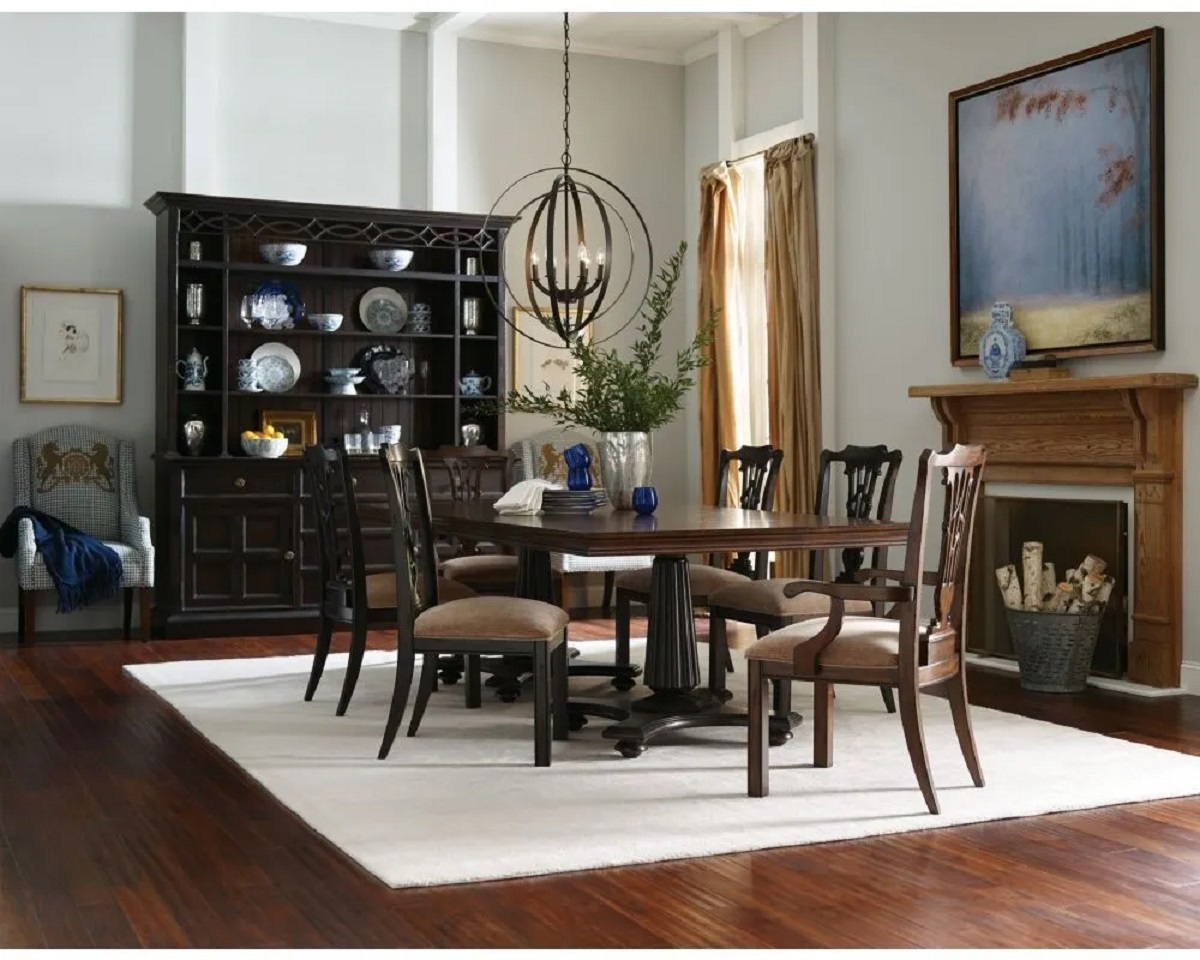

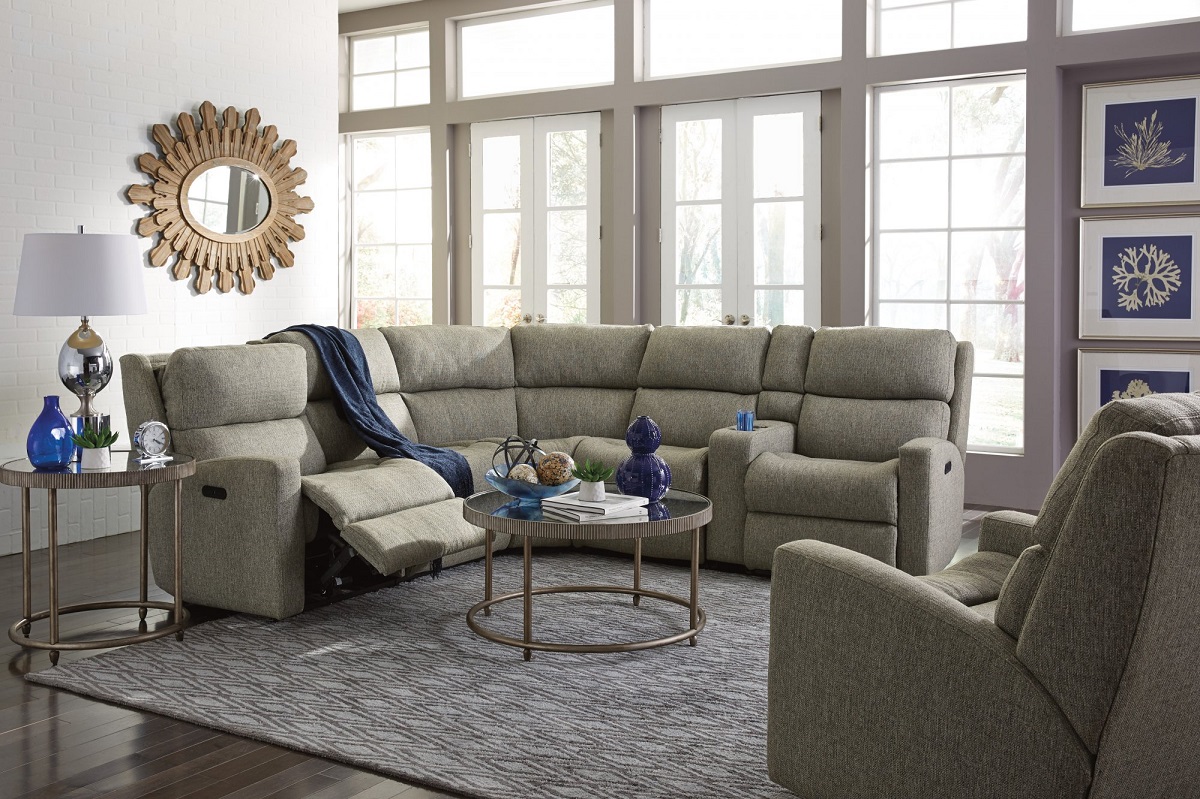
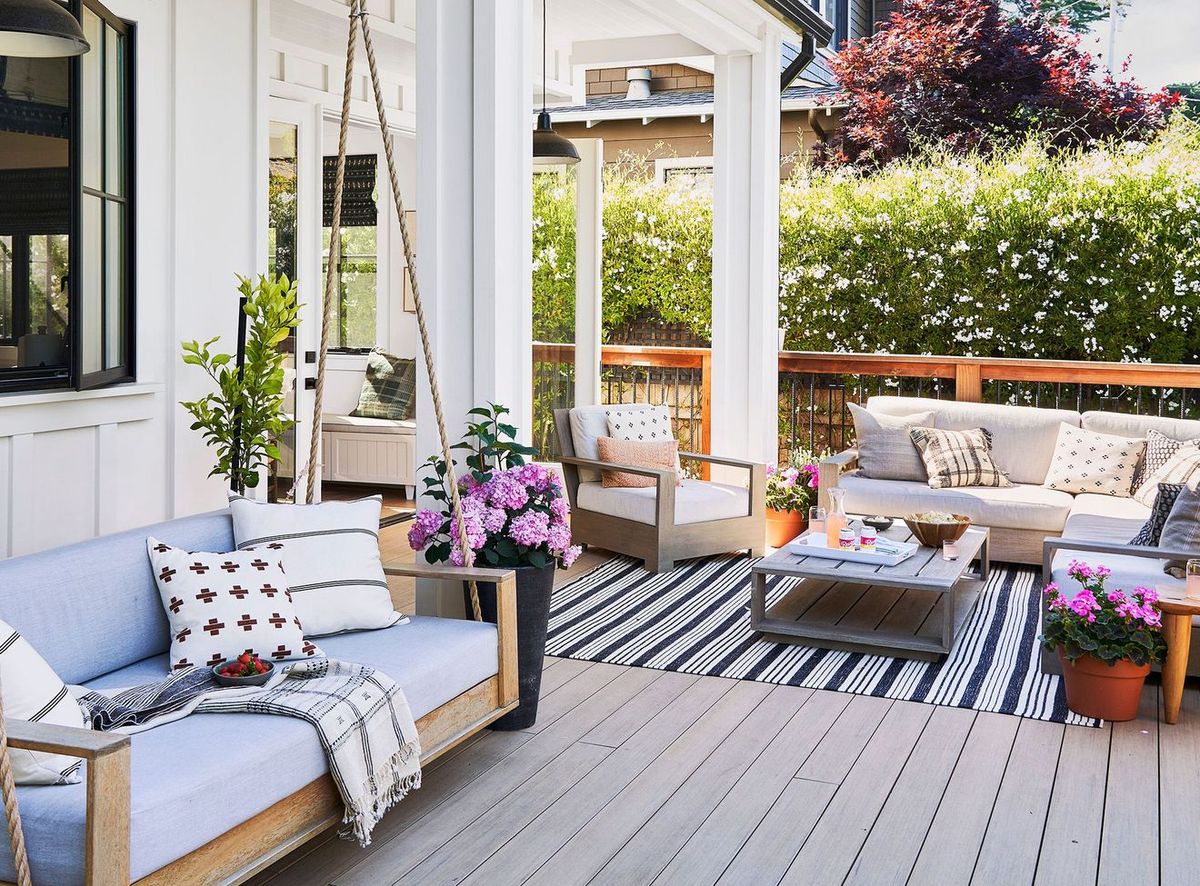
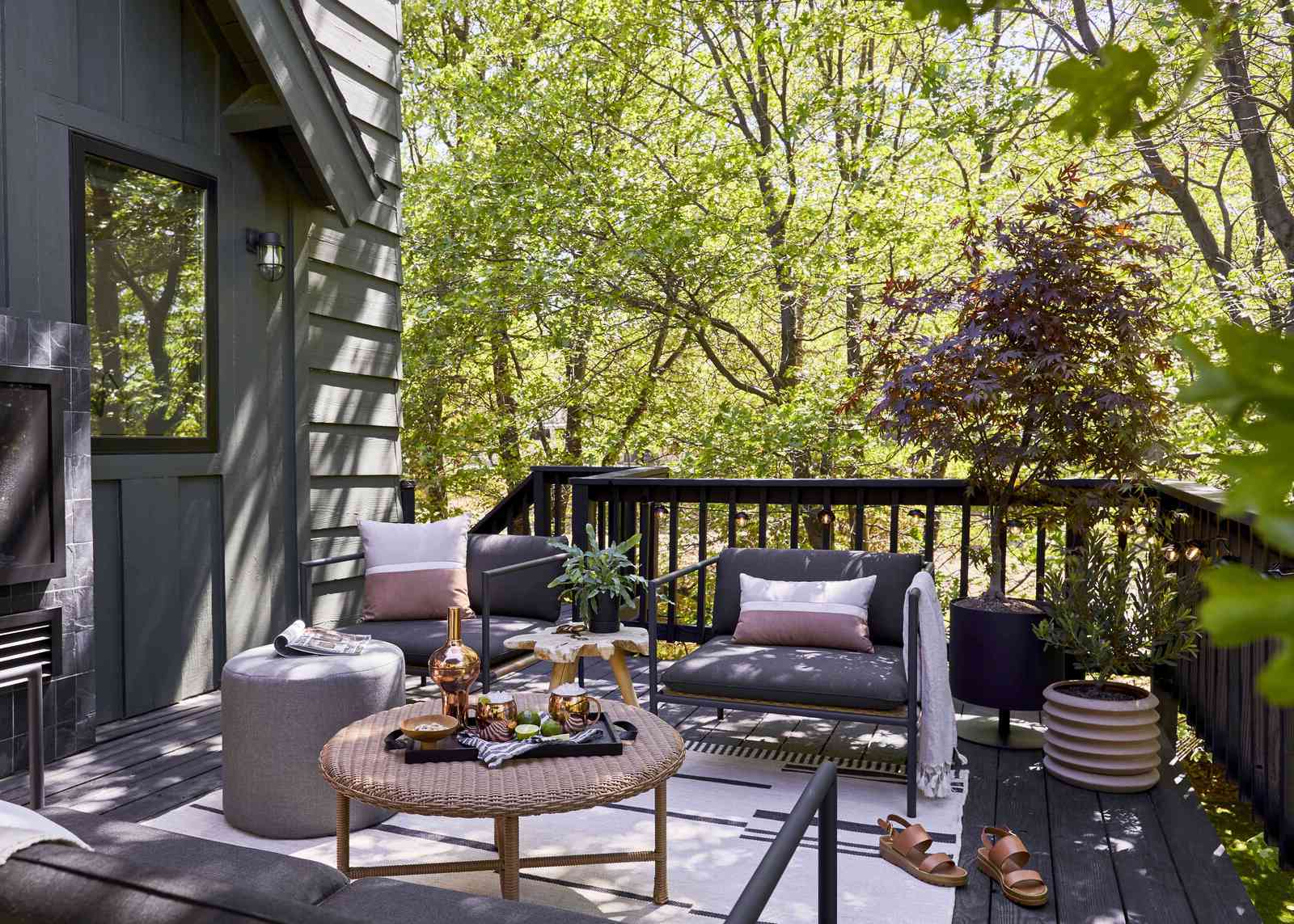
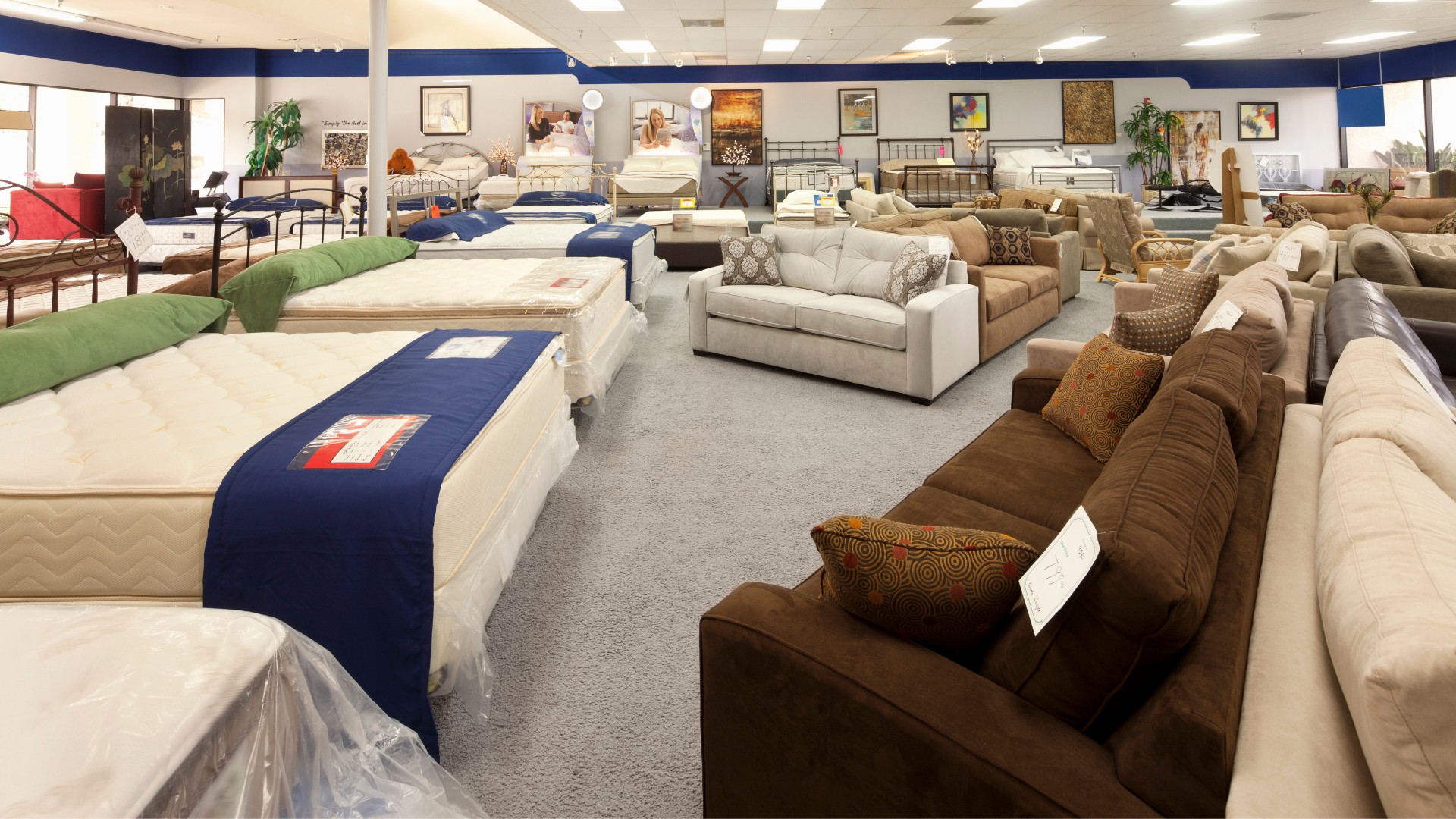

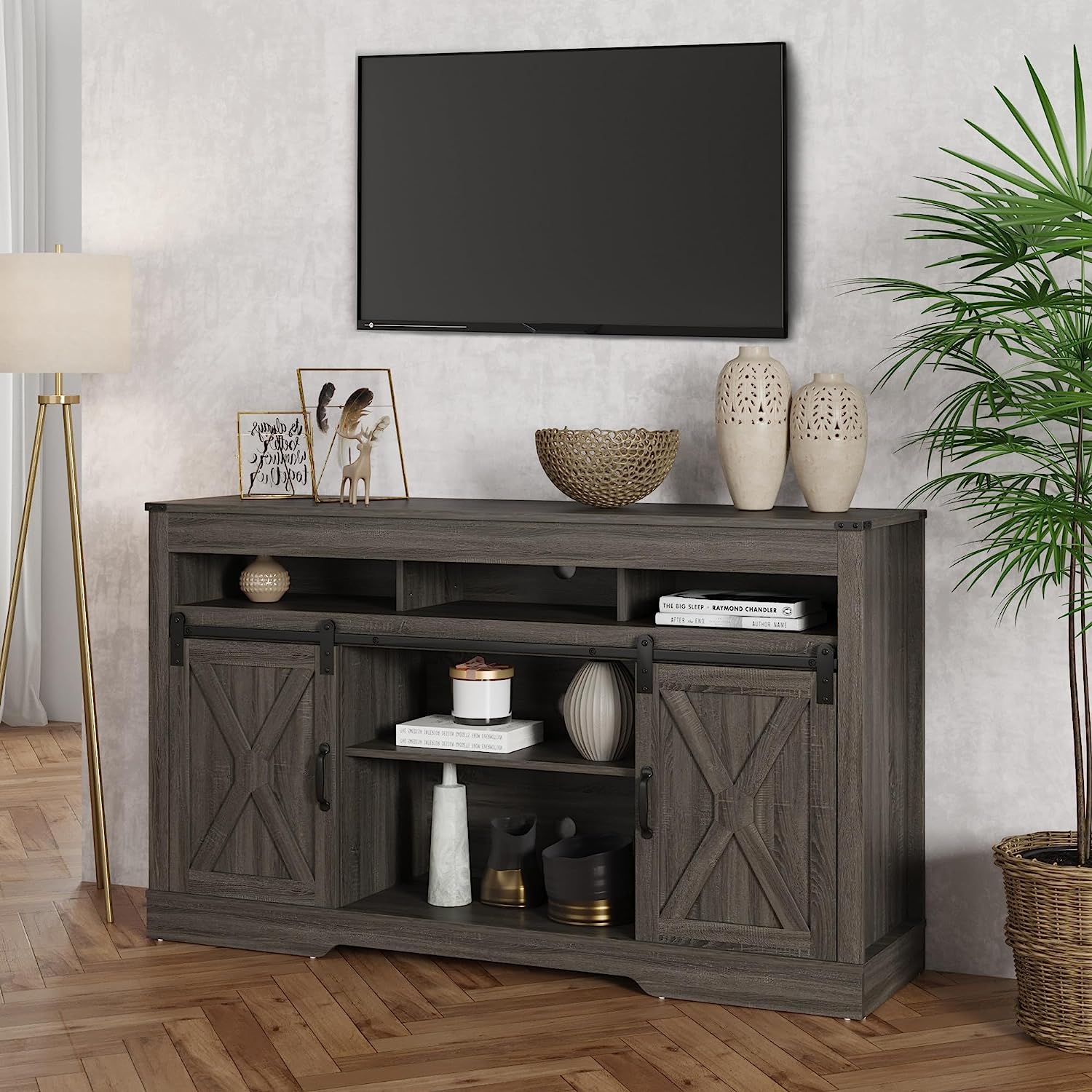
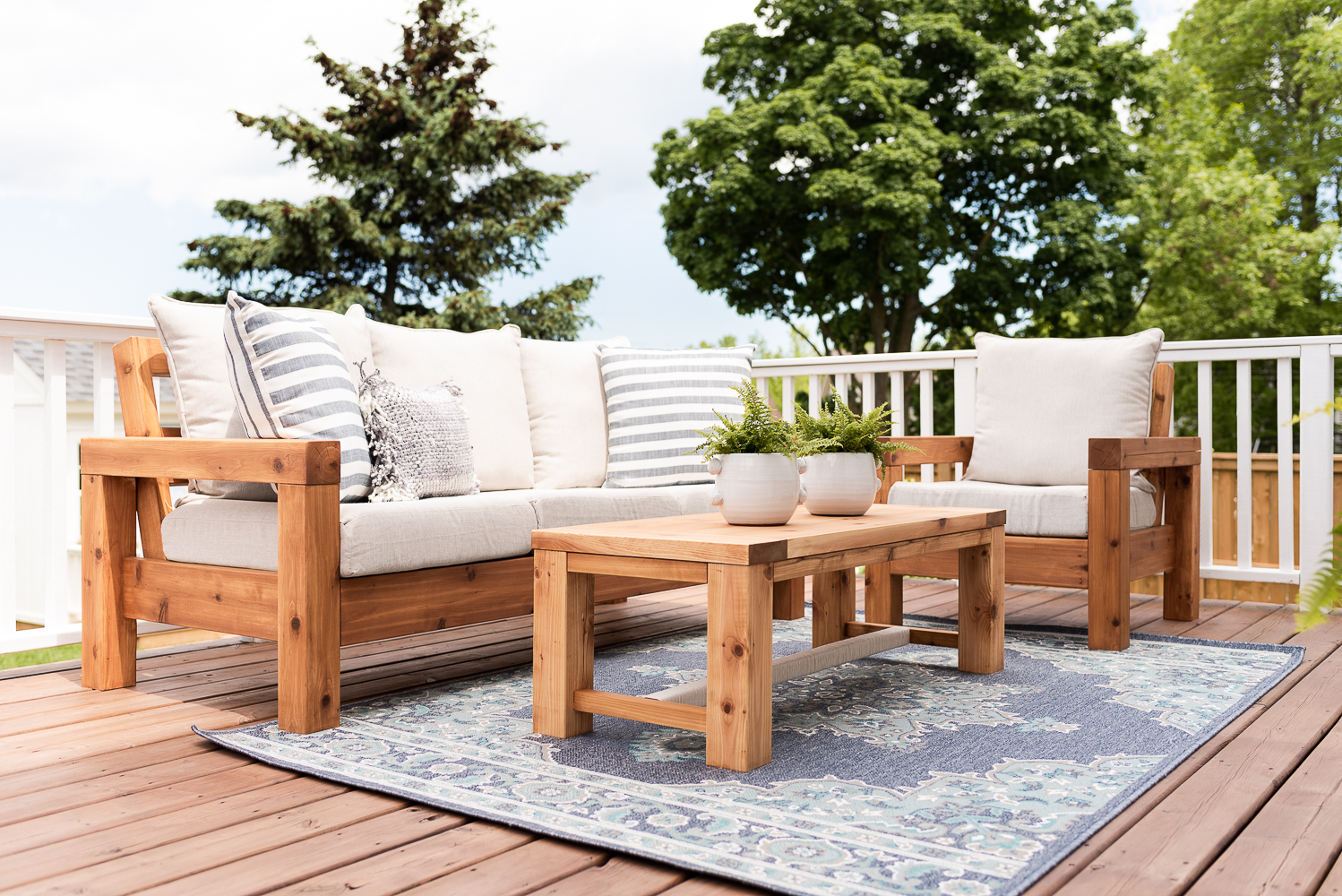
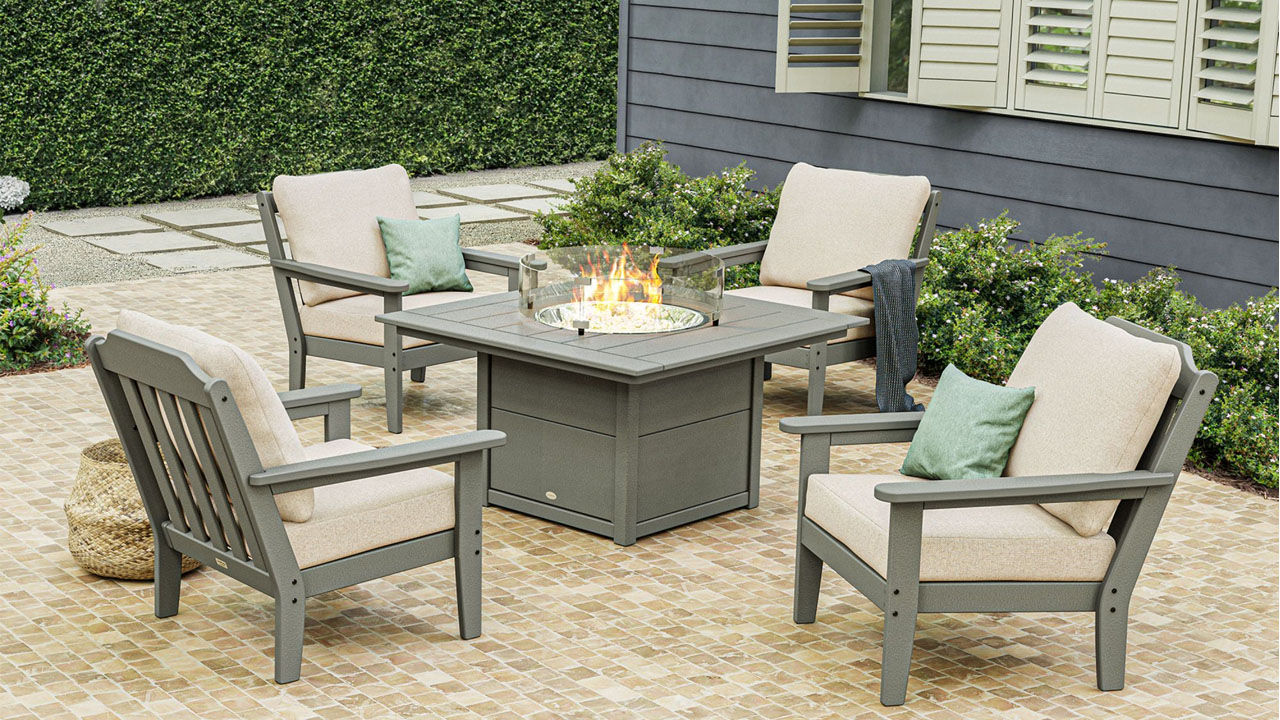

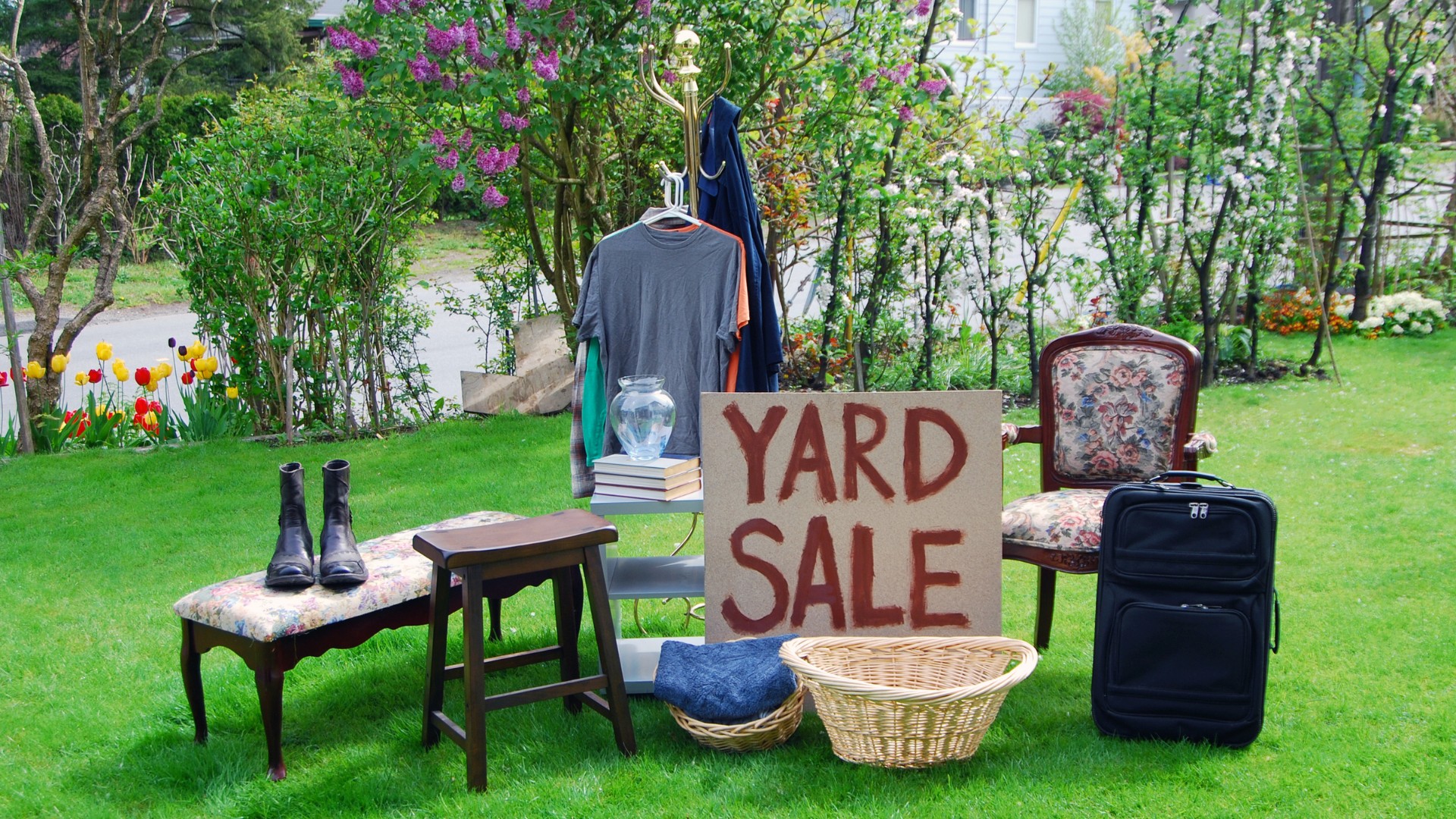
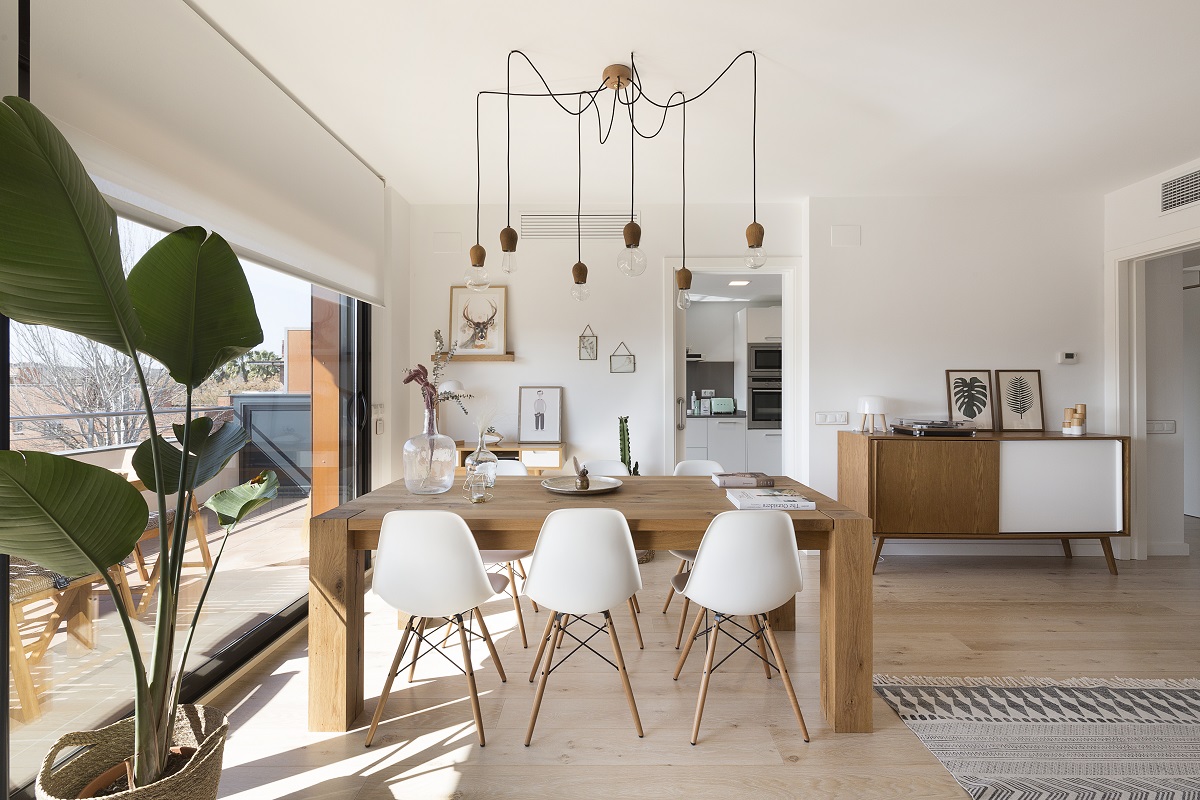

0 thoughts on “8 Tips For Buying Patio Furniture That Suits Your Outdoor Space”